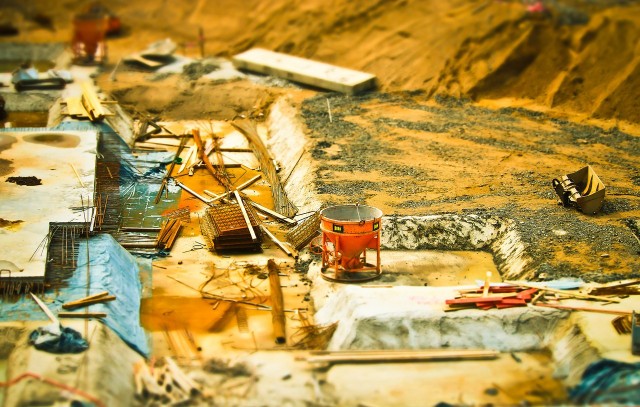
There is a famous phrase that says, “ignorance of the law is no excuse” and construction work is subject to building law. There are a number of rules and regulations at national, community and local levels which must be observed so as not to create problems at a later date. Each municipality in Spain decides for itself which DIY projects need a building permit and which are exempt. “If we are caught doing refurbishment work without prior consent, we face a fine or sanction. What that sanction is depends on the seriousness of the renovations and what kind they are,” says Pablo García of Atrezo Arquitectos.
“In the case of Madrid,” he adds, “Land law 9/2001 establishes a hierarchy of sanctions according to seriousness, from very serious to minor. If we undertake some unauthorised or unlicensed work, we will have committed a serious infraction, liable to face fines from 30,000 euro to 600,000 euro. It’s no laughing matter. What’s more, we can commit new infractions if we are not in the authorities’ good books and it’s difficult to know all the demands with regards to urban construction which apply to each of us.”
Here are some examples:
- Exceeding the development potential: All of us have a certain development potential assigned to our properties and buildings. This potential is the square metres or feet we are allowed to build. If we go beyond this limit, we can be faced with a fine of 15-25% of the value of the excess development. If we have a one-family property and we have developed 30 m2 or 323 sq ft too much, we can be fined about 3,600 euro.
- Distance from boundaries: This pertains to the failure to meet the minimum distances from other buildings, from public paths, free spaces and property boundaries, which can carry a fine of 15-25% of the construction work done. One clear case is that of the swimming pool which doesn’t leave a minimum distance to the boundaries. We could be sanctioned approximately 2,000 euro.
- Unregulated construction work: “It is unregulated because it is incompatible with the plan but it cannot be knocked down once it’s up even having broken the law. If we carry out renovation work, the fines can be between 10% and 15% of the value of the work done. That is to say, if we have a covered ground floor in our property which is unregulated and we’ve changed the thermal insulation, the waterproofing and the tiles, we can be sanctioned around 1,657 euro,” explains Pablo García.
- Renovations or demolitions in protected buildings: “It gets more complicated if we do construction or demolition work in listed buildings. The fine can be double the value of what has been destroyed, reaching over 50,000 euro.”
We have only mentioned financial sanctions. The reestablishment of the legal status of the property is independent of these fines, and afterwards there is a process of demolishing the newly built addition or returning the property to its original state, with all the costs being assumed by the owner.
What if I renovate my house and nobody finds out?
“The time in which you can be punished for these infractions is limited to four years from when the building work is finished, unless it affects green zones or free spaces, in which case there is no limit. Just because the time has lapsed doesn’t mean it’s legal. The legality is conditional on it meeting the requirements of the General Municipal Plan, in which case it could be legalised. If it doesn’t meet these requirements, it will be unregulated and you won’t be able to carry out further renovations apart from those necessary for decoration, security and liveability,” concludes the expert.